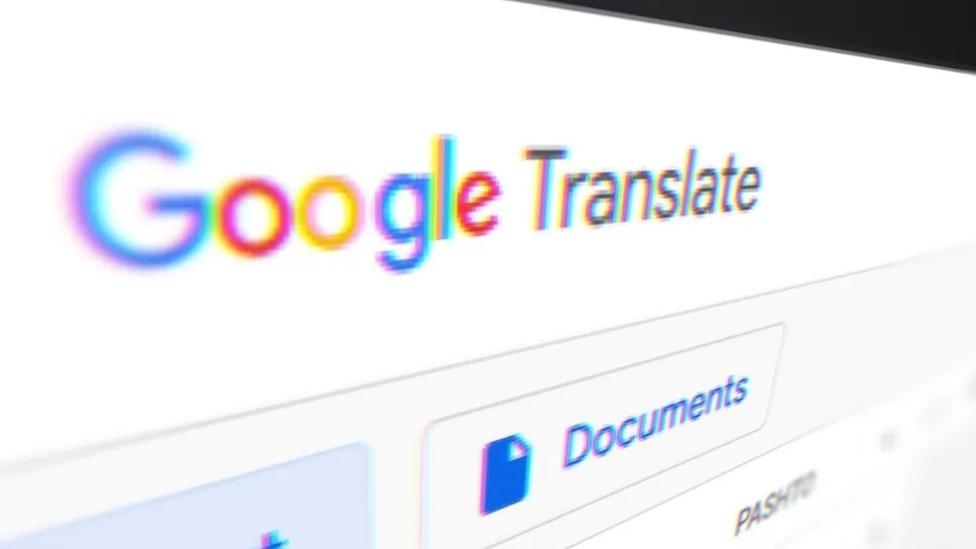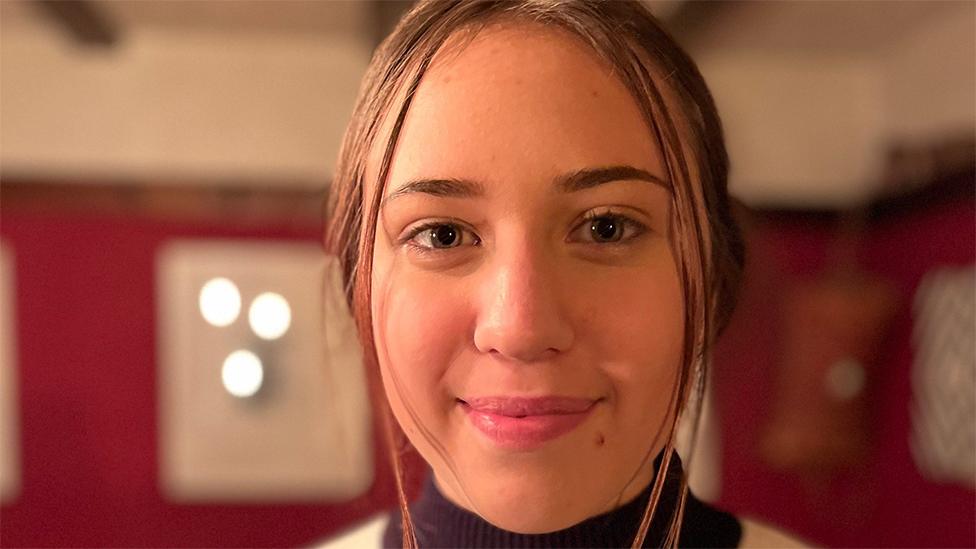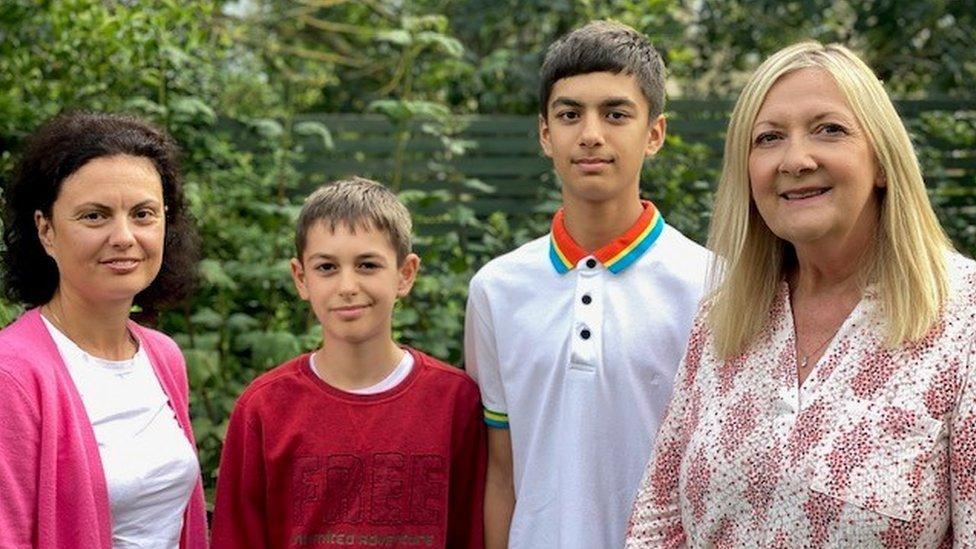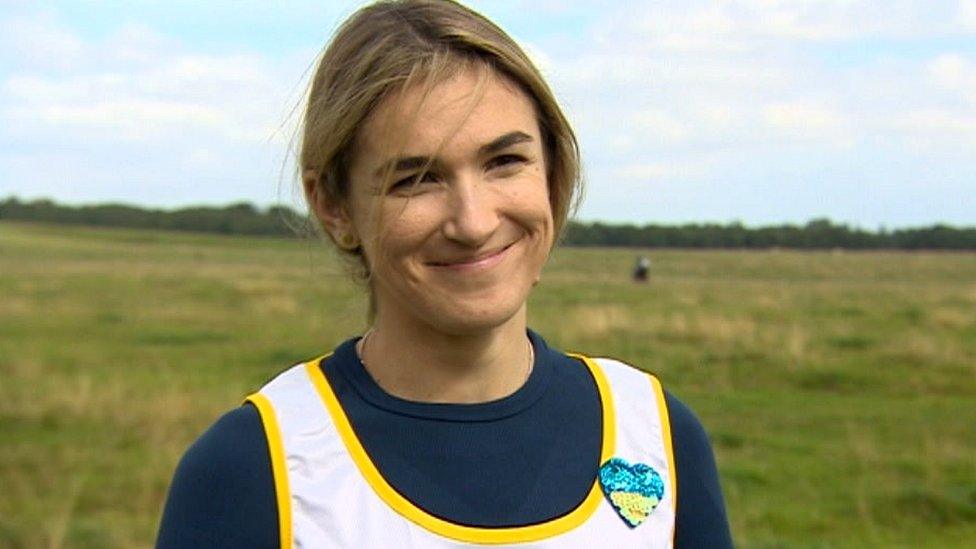Google Translate used to talk to Ukrainian refugees - North Tyneside Council
- Published

Google Translate was used to communicate with refugees in North Tyneside
A council resorted to using Google Translate to communicate with Ukrainian refugees due to not enough interpreting services being available.
North Tyneside Council said it had a peak of Ukrainians fleeing Russian attacks arriving in April and May.
While the authority had access to translation services, council officers said the facilities "were just not enough" to cope with the high demand.
Officers added they were using everything they could to provide help.
There are 258 Ukrainian refugees living in North Tyneside, with a further 37 expected to arrive in the next weeks, the Local Democracy Reporting Service said.
Ian Rice, the authority's welfare and tenancy support manager, said: "We do throughout the authority have access to interpreters and translation services.
What we very quickly found was that whilst we do have access to those facilities, the numbers, particularly in April and May time, were just not enough.
"So, we used Google Translate."
Council staff also used a translating service on Microsoft Word to email and correspond with Ukrainian guests, which officers acknowledged "might not always be perfect".
However, officers claimed no guests had yet complained and added it had helped open up dialogue.
The officers added that professional translation services were sought for more complex circumstances.
In addition, several refugees had also stepped forward to help officers as interpreters.
"We have had a couple of our Ukrainian guests help us out and volunteer to translate and a number of our guests who are school teachers have helped," Mr Rice continued.
"We are using everything we possibly can to help and support them and quite a number of them speak quite good English," Mr Rice said.
He added that the government and the Red Cross had also provided translation materials in Russian and Ukrainian.

Follow BBC North East & Cumbria on Twitter, external, Facebook, external and Instagram, external. Send your story ideas to northeastandcumbria@bbc.co.uk, external.
Related topics
- Published14 October 2022

- Published15 September 2022

- Published8 September 2022
